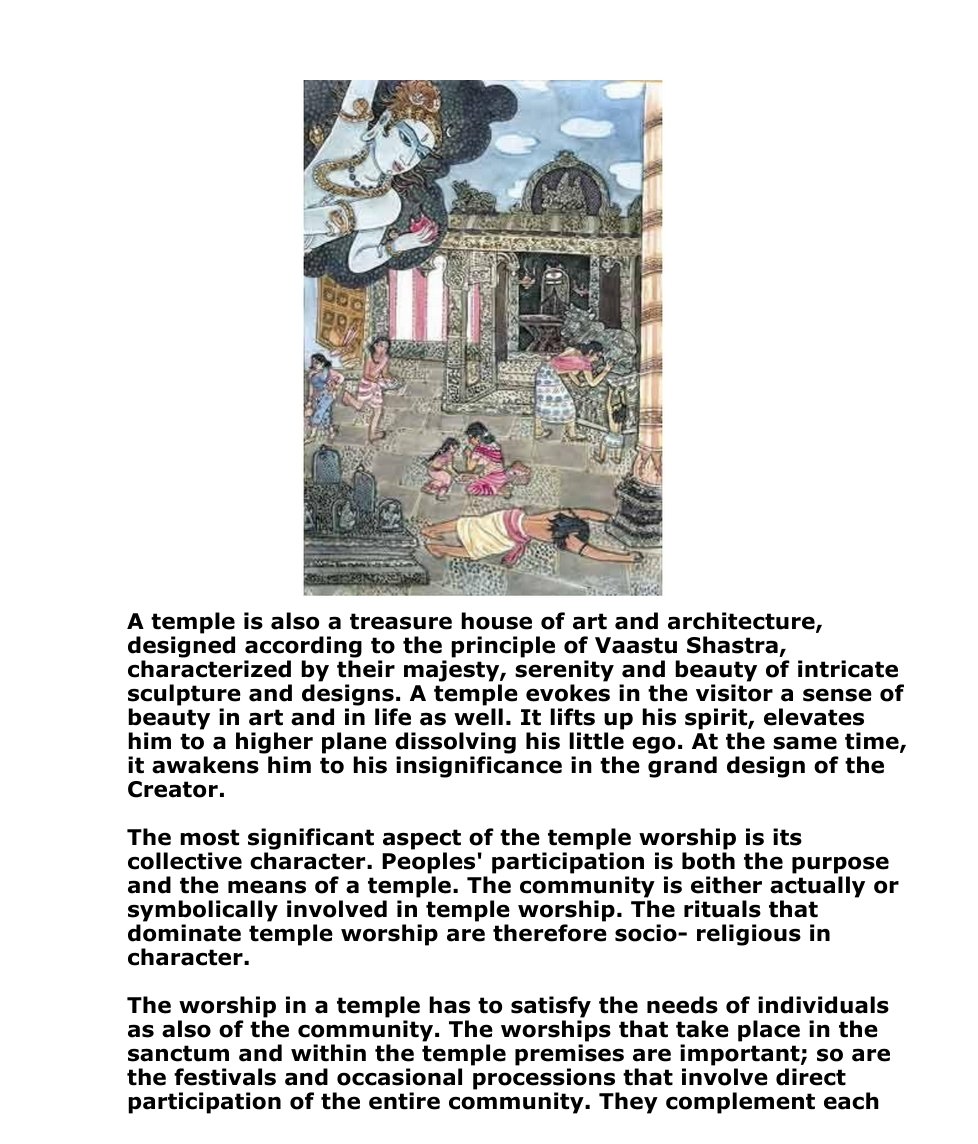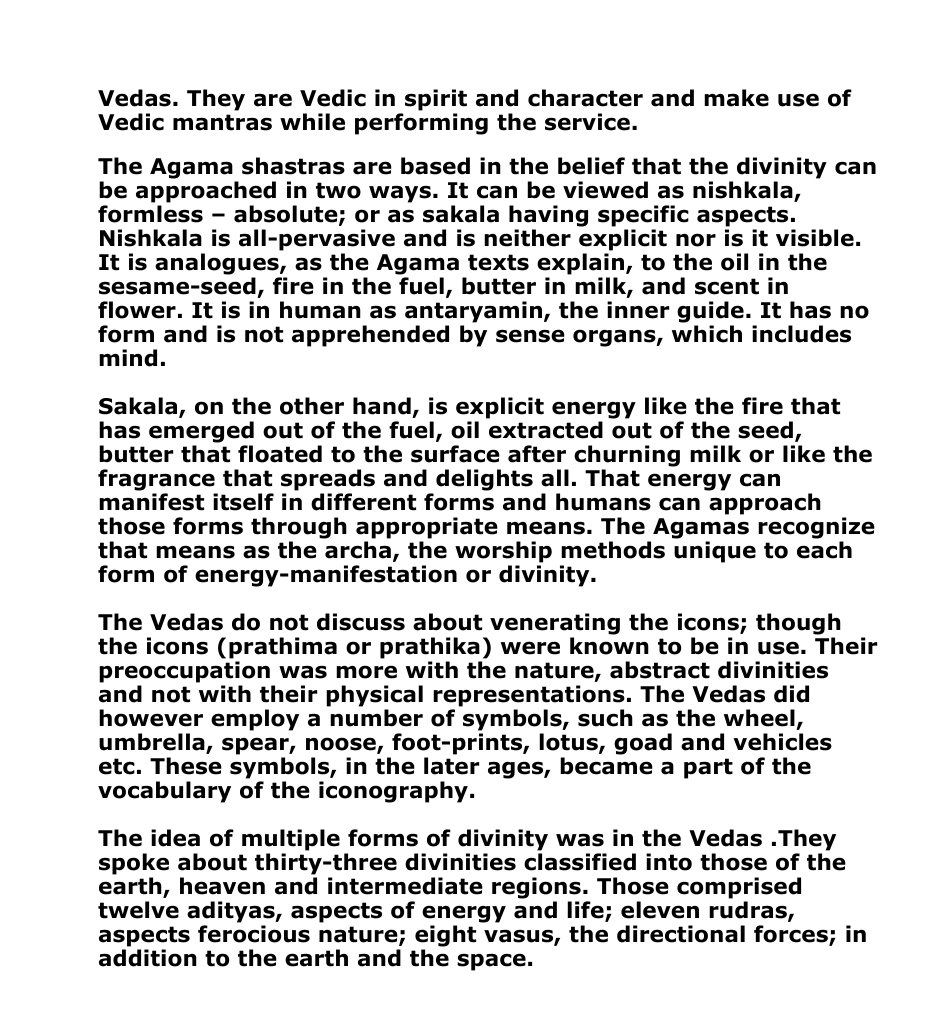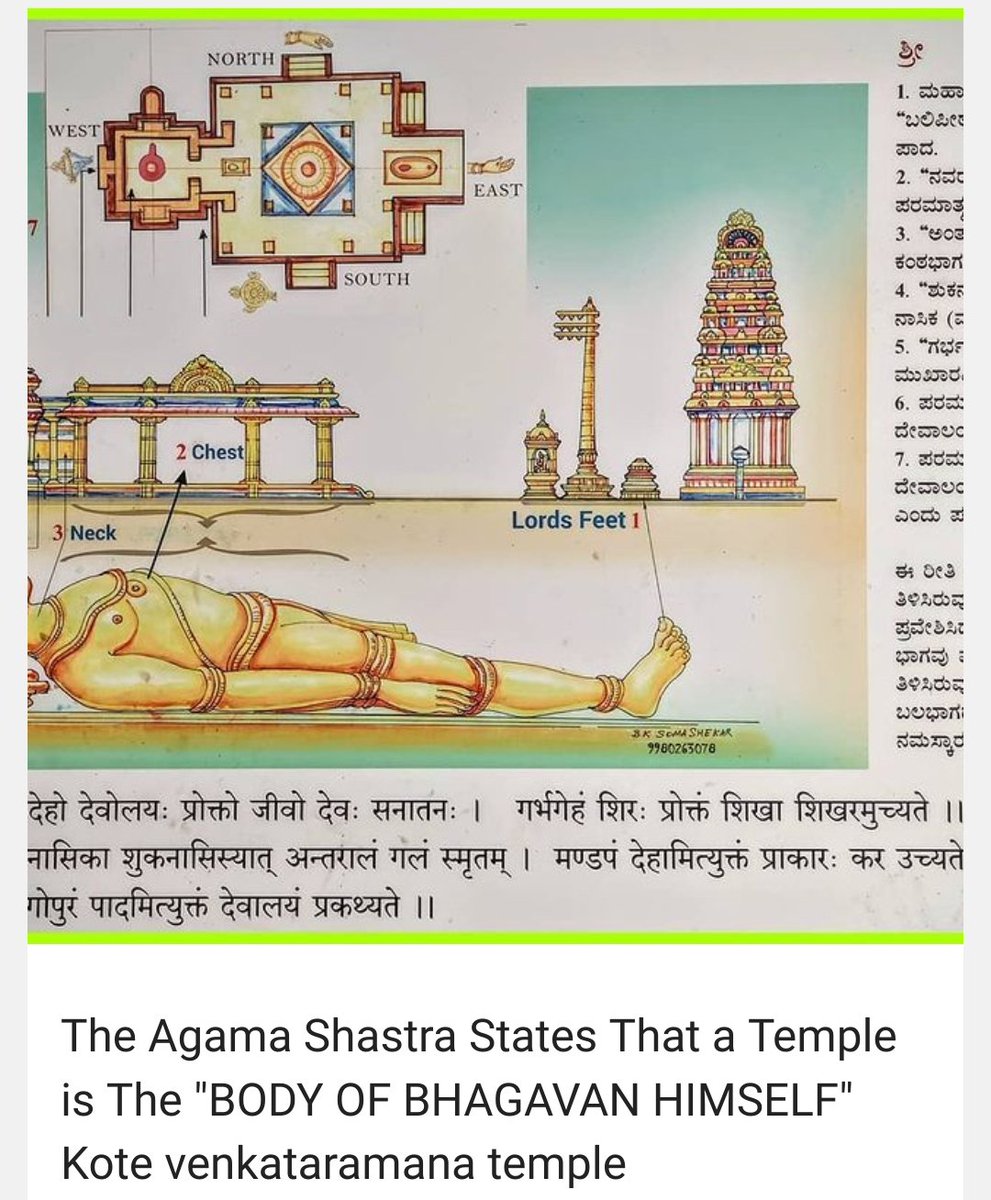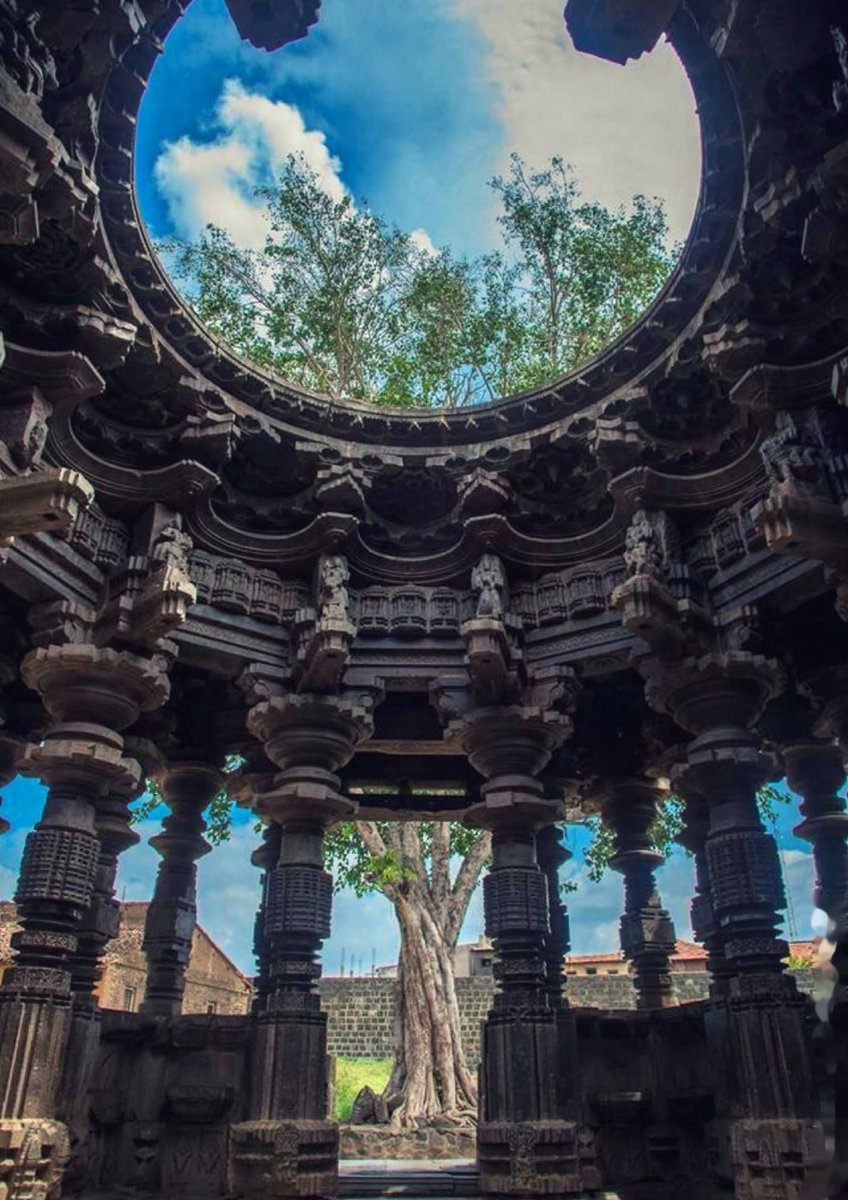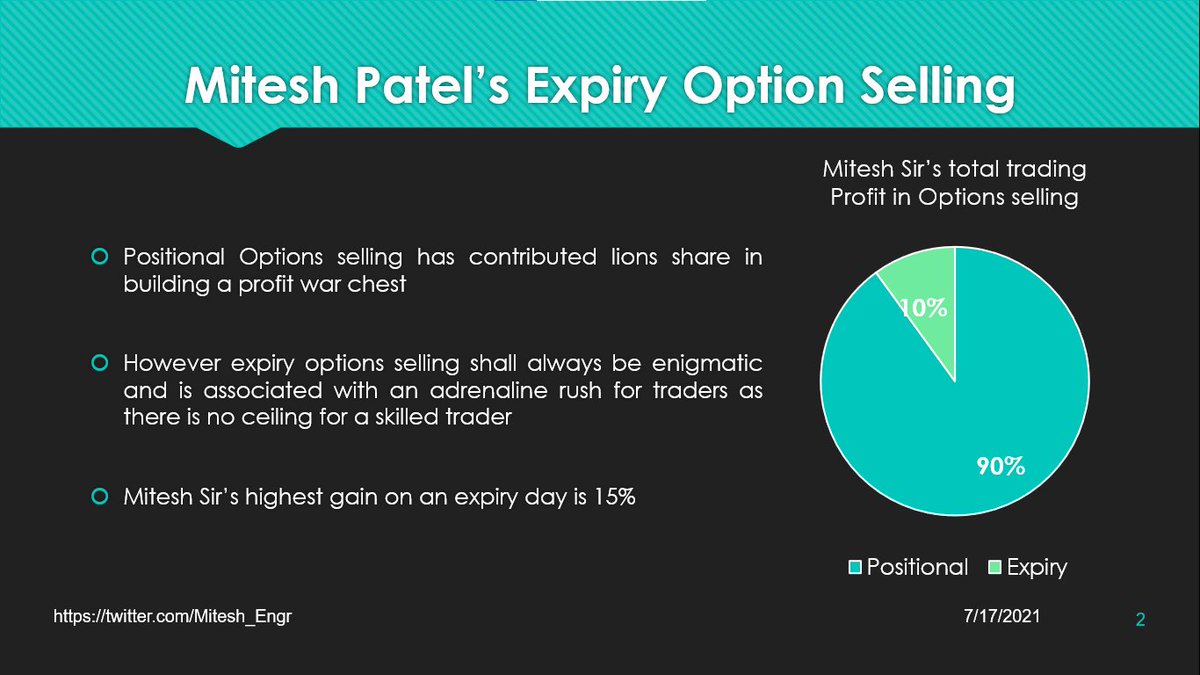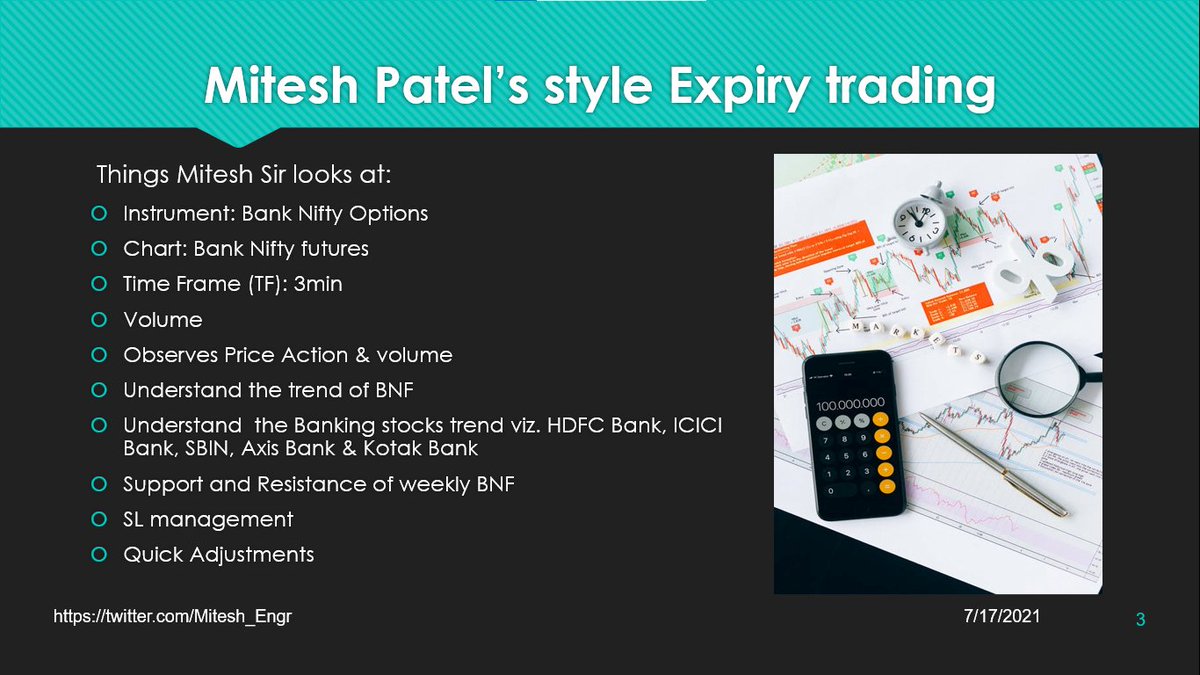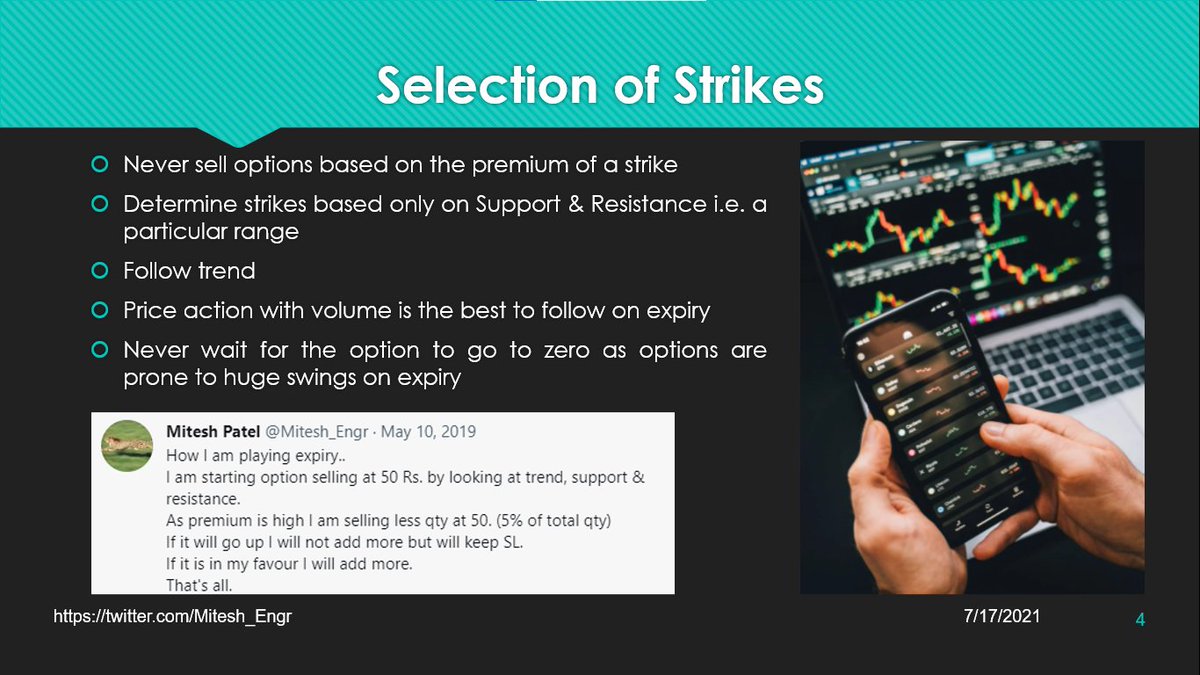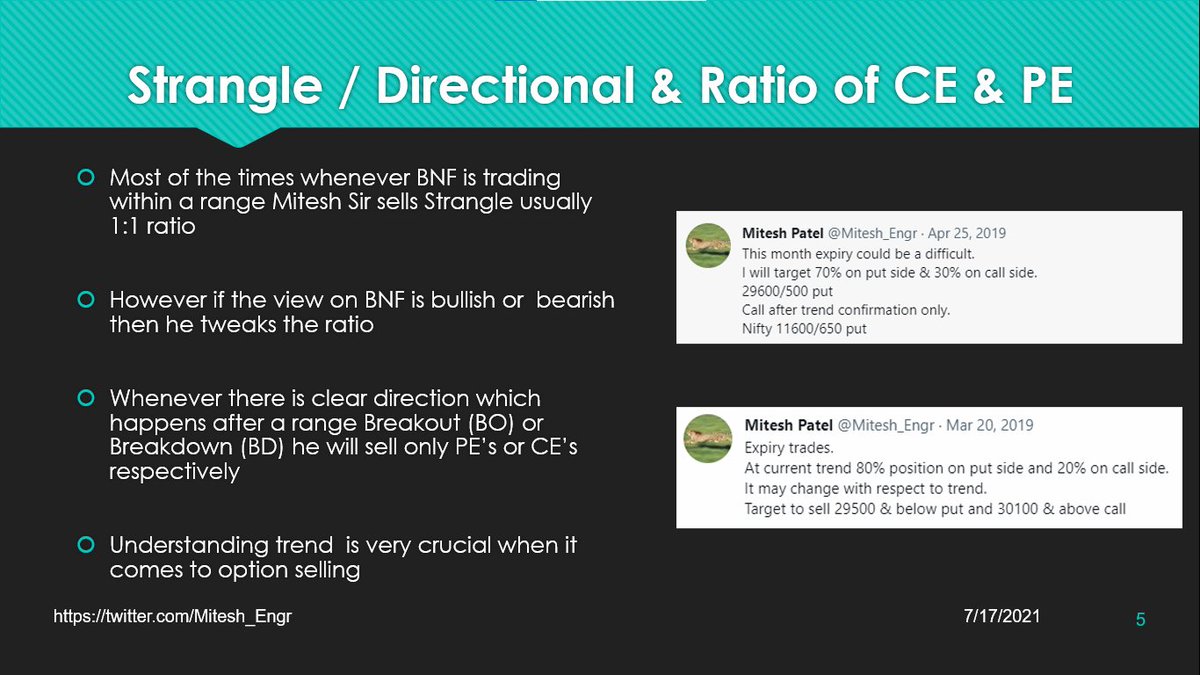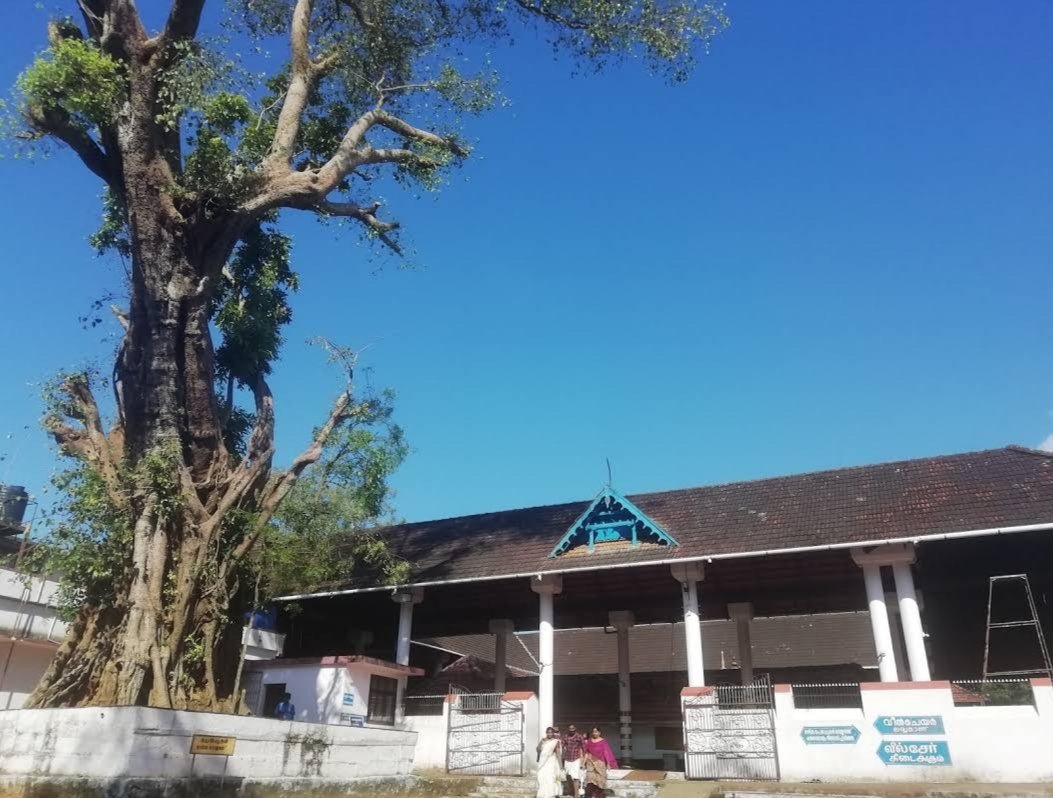That happened this year, and the majority of those challenges were heard on the merits.
This is an excellent question, and it's something that I've thought about some over the last couple of months.
Honestly, I think the answer is that the rationales for these rulings are not likely to unreasonably harm meritorious progressive OR conservative challenges.
Any merit to the notion that the rationales for some of these rulings will harm progressive challenges in future elections?
— Andrew Broering (@AndrewBroering) January 3, 2021
One says laches, another moot, another standing, sometimes with almost the same type of plaintiff.
That happened this year, and the majority of those challenges were heard on the merits.
Those are cases where laches is clear - particularly the prejudice element.
The theory Trump was advancing was that any deviation from state election law could be litigated in federal courts.
More from Mike Dunford
1: The Notice of Appeal doesn't shock me; I figured Louie would be this dumb.
2: As was the case with the case at the District Court, it doesn't really matter how vigorously Pence defends this.
And the appeal has been noticed. pic.twitter.com/o4g4ES1wrU
— Kyle Cheney (@kyledcheney) January 2, 2021
3: The lack of standing is so spectacularly, glaringly obvious that it doesn't really matter whether Pence raised certain arguments; they will get noticed by the court.
4: That's because federal courts have an independent duty to ensure they have jurisdiction.
5: Standing is a jurisdictional requirement; no standing means no case.
6: The rules for standing are clear and nothing in the opinion dismissing the case was the least bit controversial in any universe except the alternate one inhabited by Louie and the Arizonan cosplayers.
7: "But it's the 5th Circuit" will be raised both by Trumpistians and those who are exceptionally nervous. There is exactly as much reason to be concerned about the 5th as there was the trial court: ie none at all.
So - my expectations:
Given the timeline, I suspect that Louie will be granted an expedited appeal and will lose on an expedited basis. I also expect that he will appeal to SCOTUS and the appeal there will not be expedited.
No, this is not a thing that will change the election. At all.
If this is real - and I do emphasize the if - it is posturing by the elected Republican "leadership" of Texas in an attempt to pander to a base that has degraded from merely deplorable to utterly despicable.
Apparently, it is real. For a given definition of real, anyway. As Steve notes, the Texas Solicitor General - that's the lawyer who is supposed to represent the state in cases like this - has noped out and the AG is counsel of
It looks like we have a new leader in the \u201ccraziest lawsuit filed to purportedly challenge the election\u201d category:
— Steve Vladeck (@steve_vladeck) December 8, 2020
The State of Texas is suing Pennsylvania, Georgia, Michigan, and Wisconsin *directly* in #SCOTUS.
(Spoiler alert: The Court is *never* going to hear this one.) pic.twitter.com/2L4GmdCB6I
Although - again - I'm curious as to the source. I'm seeing no press release on the Texas AG's site; I'm wondering if this might not be a document released by whoever the "special counsel" to the AG is - strange situation.
Doesn't matter. The Supreme Court is Supremely Unlikely to take this case - their jurisdiction is exclusive, but it's also discretionary.
Meaning, for nonlawyers:
SCOTUS is the only place where one state can sue another, but SCOTUS can and often does decline to take the case.
The more thinking I do the less serious - and more ludicrous - the entire thing looks. And the more obvious it becomes that this is the proposal of deeply unwell individuals who are not thinking clearly.
Can you game out where it would go it theoretically Trump did enact some EO demanding the impounding of voting machines? As that\u2019s clearly the game. Like he signs it, then what? Do marshals listen or refuse? Do states sue and get an emergency injunction and that\u2019s the end?
— Bryan Duva (@duva60) December 21, 2020
On the legal side, I read through the list of emergency powers - the whole list - that was assembled by the Brennan Center. Nothing on that list fits. Nothing comes even
It seems extraordinarily unlikely that any executive order along the lines of what has been discussed would be legal. In this case, it can be taken as a given that one or more targeted jurisdictions would dash right off to the courthouse.
Standing would not, it should go without saying, be likely to be an issue. I doubt redressability would either. I think it's very likely that restraining orders and injunctions would be swiftly issued.
That's the legal side, to the extent it's possible to speculate on that at all at this point. Basically, there's no readily apparent legal basis for such a thing, so it probably wouldn't be legal.
That's the easy part. Now for the nuttier side - the logistics.
More from Government

Starmer failed to bring charges against Jimmy Savile for paedophilia. The decision was made despite the Crown Prosecution Service receiving substantial evidence of his crimes from witnesses and victims several years before Savile died in 2011. #StarmerOut https://t.co/PNyX5uSAkw

With a past like hers, Margaret Hodge might show a bit more humility.
In the Eighties Hodge was aware of previous child sex abuse in the care homes for which she was responsible, and did nothing about it. #LabourLeaks #StarmerOut
As leader of Islington Council, a post she held from 1982-92, Margaret Hodge was aware of previous, horrendous child sex abuse in the care homes for which she was responsible, and did nothing about it. #LabourLeaks #StarmerOut #CSA
She was guilty of rather more than a casual failure of oversight. In an open letter to the BBC after it investigated a range of monstrous abuse (child prostitution, torture, alleged murders), Hodge libelled one of its victims as “seriously disturbed”. #LabourLeaks #StarmerOut
You May Also Like
Five billionaires share their top lessons on startups, life and entrepreneurship (1/10)
I interviewed 5 billionaires this week
— GREG ISENBERG (@gregisenberg) January 23, 2021
I asked them to share their lessons learned on startups, life and entrepreneurship:
Here's what they told me:
10 competitive advantages that will trump talent (2/10)
To outperform, you need serious competitive advantages.
— Sahil Bloom (@SahilBloom) March 20, 2021
But contrary to what you have been told, most of them don't require talent.
10 competitive advantages that you can start developing today:
Some harsh truths you probably don’t want to hear (3/10)
I\u2019ve gotten a lot of bad advice in my career and I see even more of it here on Twitter.
— Nick Huber (@sweatystartup) January 3, 2021
Time for a stiff drink and some truth you probably dont want to hear.
\U0001f447\U0001f447
10 significant lies you’re told about the world (4/10)
THREAD: 10 significant lies you're told about the world.
— Julian Shapiro (@Julian) January 9, 2021
On startups, writing, and your career:











